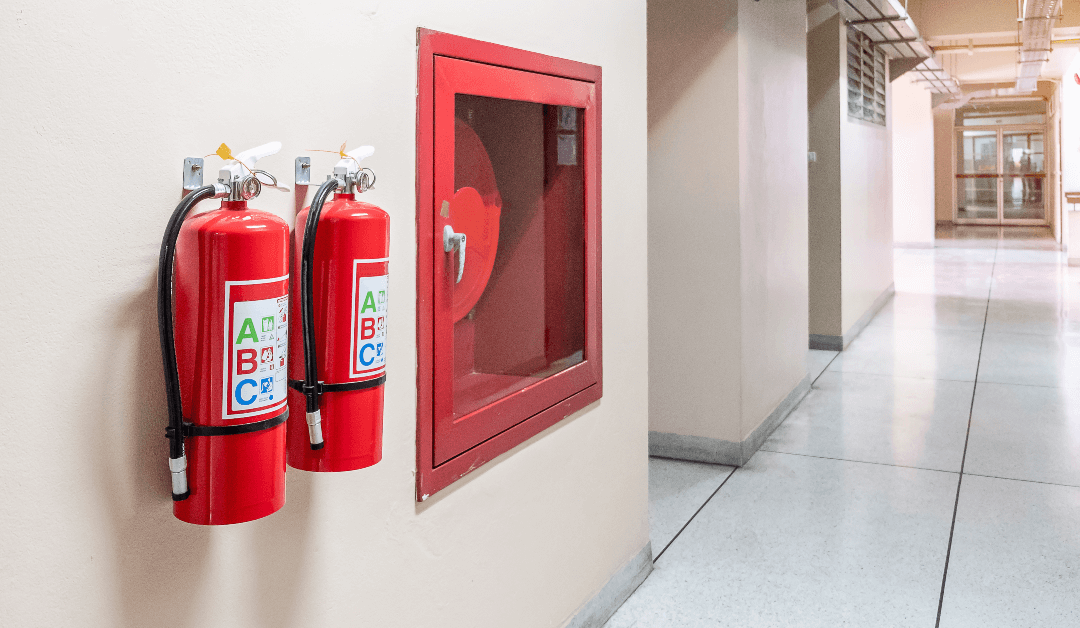United Professional Engineering (UPE) provides a unique “one-stop-shop” for all your structural engineering needs.
United Professional Engineering (UPE) provides a unique “one-stop-shop” for all your structural engineering needs. Our South Florida area founded firm has been in business since 2005 and we have a diverse team; from licensed designers and structural engineers to inspectors and general contractors. For that reason, our projects range from designing and restoration to structural inspections and more!
Providing exceptional engineering services through integrity, reliability and professionalism. With over 21 years of experience, we are the leaders in the industry, and we can help you as well!
Structural Engineering
Commercial, Industrial and Residential Buildings, Marine Structures and more.
Building Restoration Engineering
Structural restoration, concrete restoration, structural strengthening and more.
Construction Administration
Contract administration, contractor selection assistance and more.
Consulting Services
UPE’s engineering consultants offer a full range of services based on extensive project experience and innovative thinking.
Today, one of the largest investments is building a structure and how to maintain its lifespan. Structural integrity, environmental factors, atmospheric elements, and maintaining aesthetics are all important factors that we evaluate very carefully, when working on a project. At UPE our highly qualified licensed designers, engineers and general contractors promises to ensure your investment is protected.
We believe it’s important to exhibit and maintain an open communication network, while working towards each of our client’s best interests, as well as everyone involved. We are committed to structural safety and serviceability, identify equilibrium conditions, resolve limitations and utilize preventive and corrective maintenance behavior. UPE is here to help accomplish each milestone of your project, together!
CARMELO GIGLIO
Owner
UNITED PROFESSIONAL ENGINEERING
carmelo@upefl.com
http://upefl.com
Office: 561-582-1733
Tags: Engineering Articles, Florida Building Inspections, Inspection Articles















 If your fire alarm system starts sounding like a horror movie sequel, it’s time for you to take action.
If your fire alarm system starts sounding like a horror movie sequel, it’s time for you to take action.


















